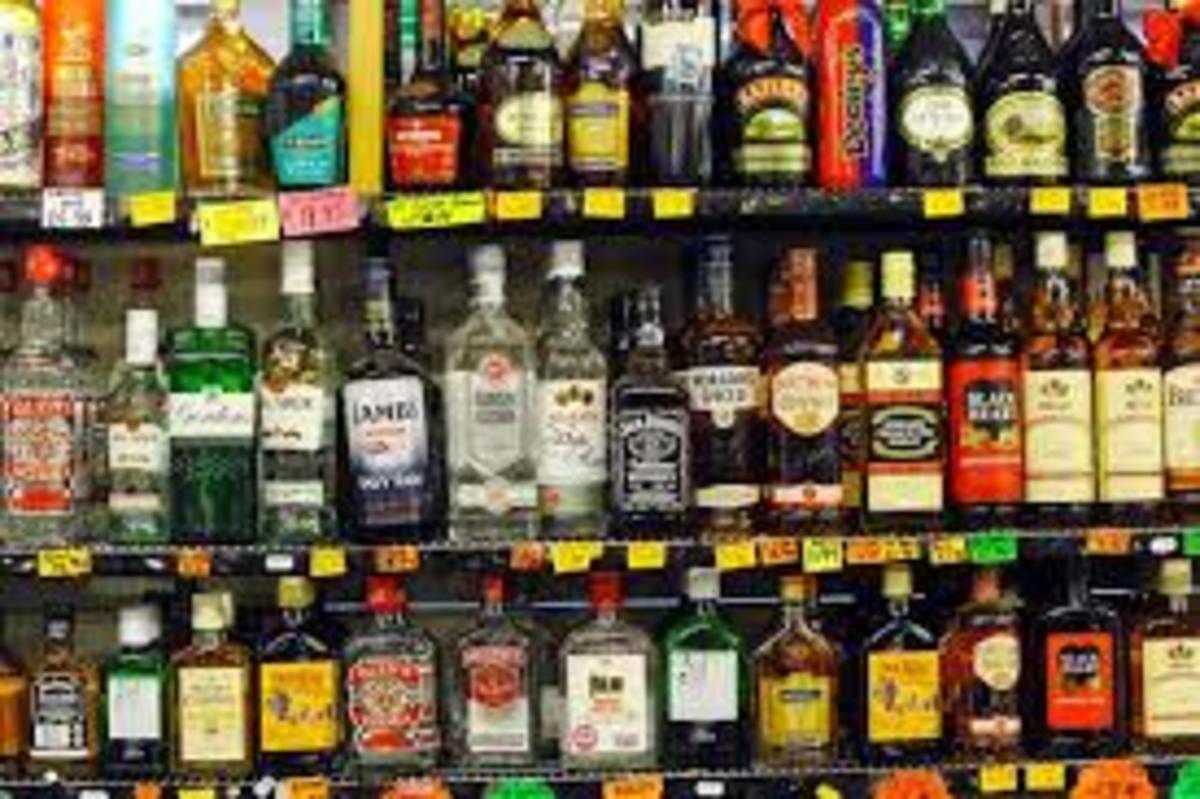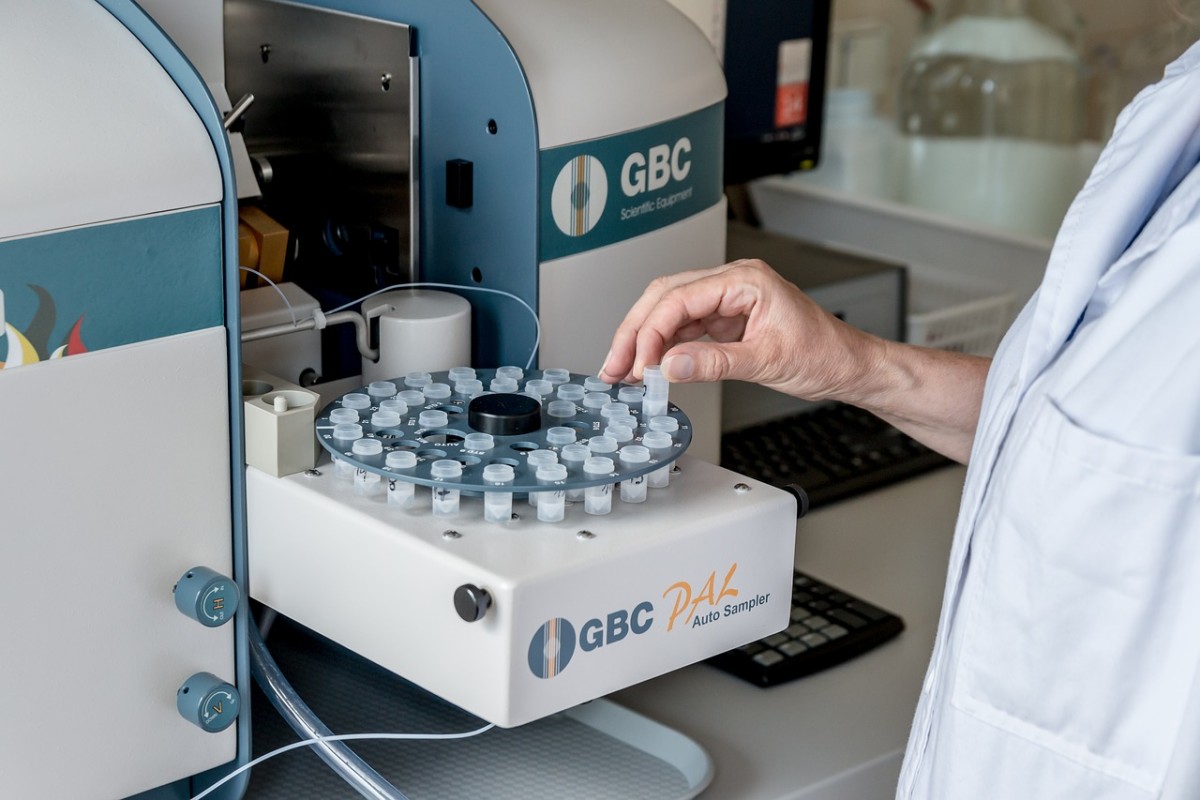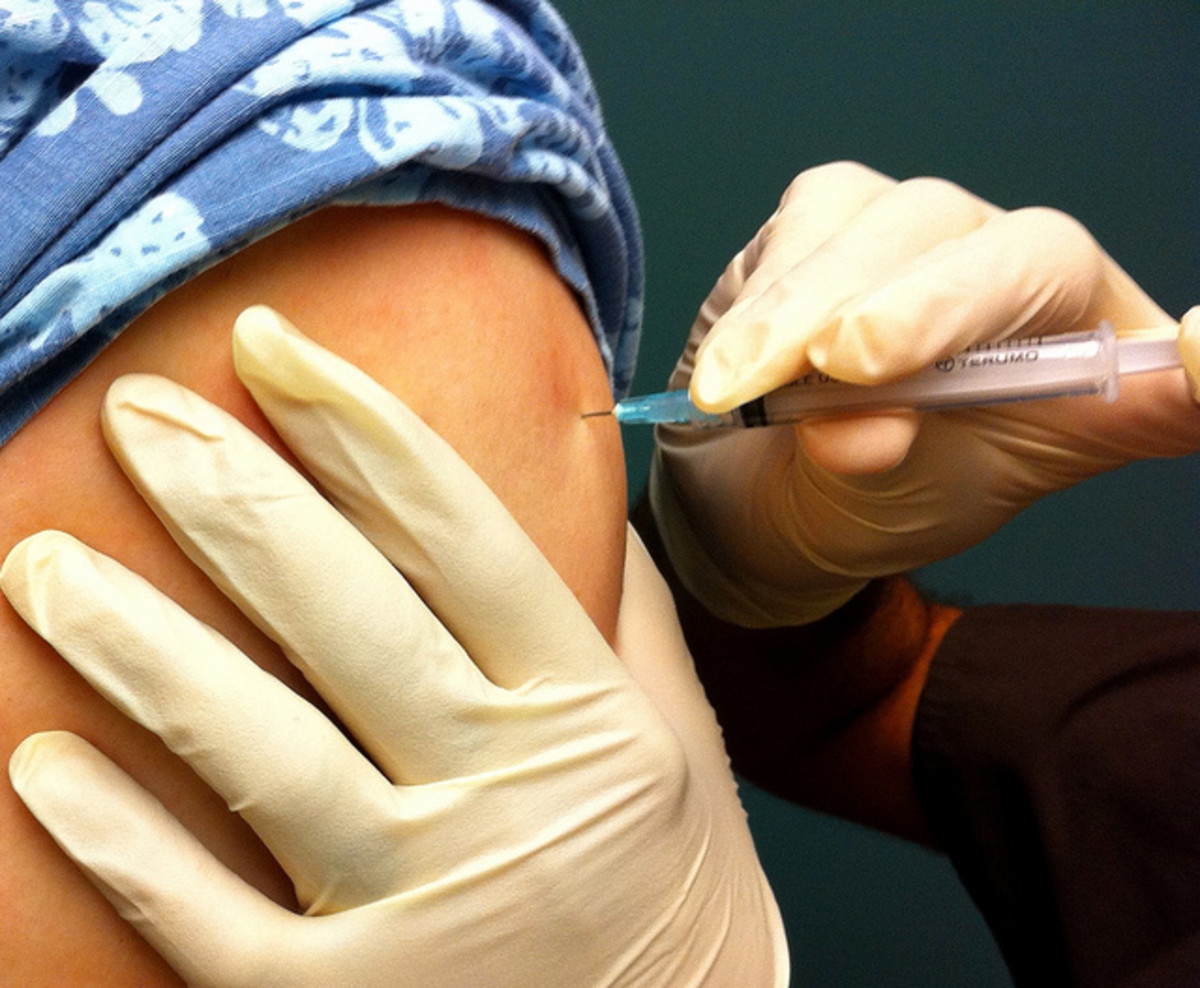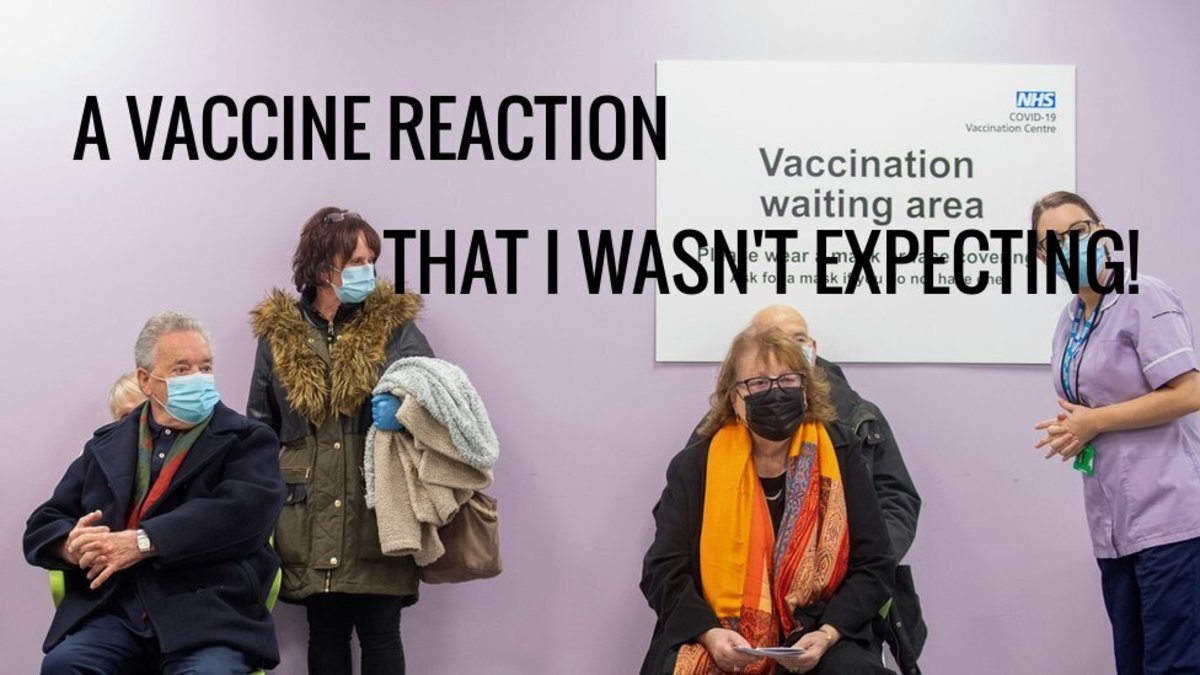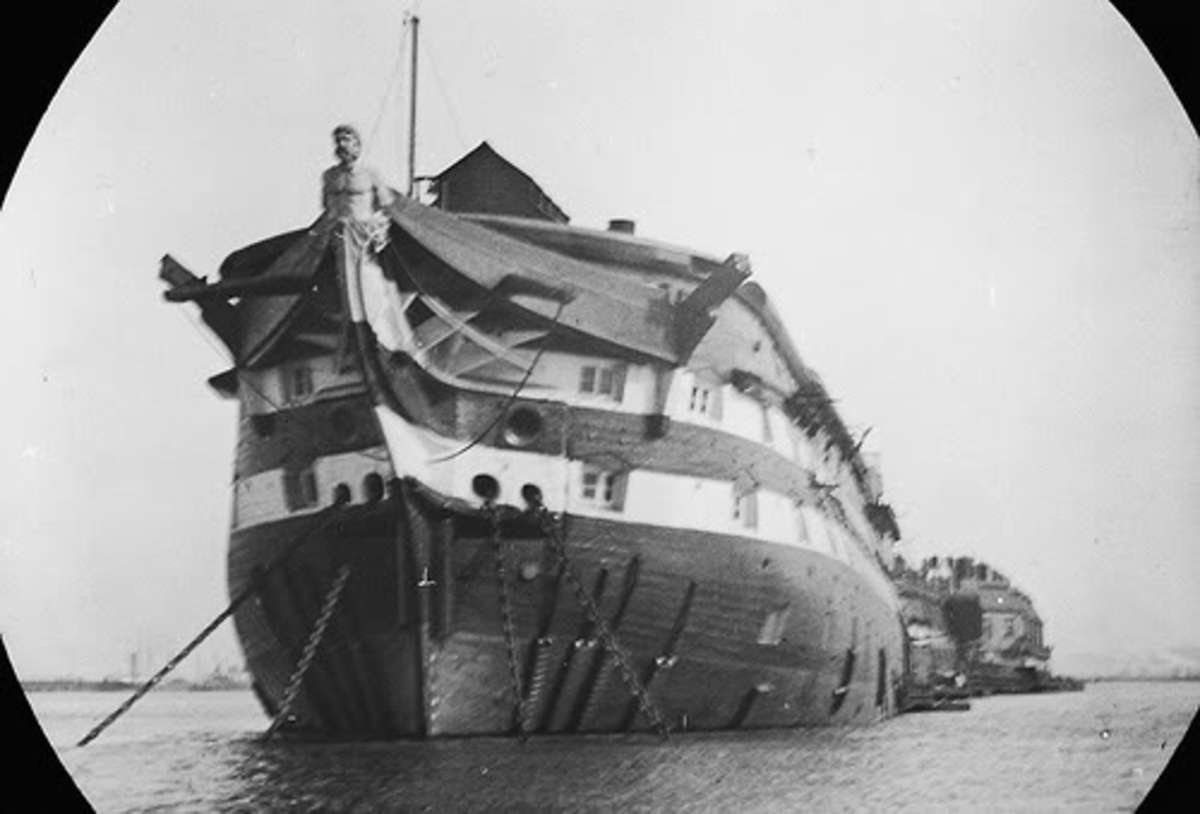The lapses in the alleged swine disease outbreak in Nigeria.
The writer recently wrote a hub on disease management (http://davidkaluge.hubpages.com/hub/Disease-Management) using Nigeria as a case study and the need for adequate disease prevention and control in Nigeria especially now that the world is fast becoming a global village and diseases can quickly spread from one country to another. World health organisation is aware of a recent swine outbreak in Nigeria, and they are looking into the case to find out the aetiology. The story surrounding the epidemic is that a farmer in Enugu state Nigeria called in a health worker (Veterinarian claim the health worker is not a veterinary Doctor) to treat his sick pig. After the treatment, the health worker was alleged (some news claim the farmer was not warned) to have advised the farmer, not to sale the pig within a specific time and not to eat the pork meat if it dies. The pig died, and the farmer sold it to a poor woman that needed meat for her husband’s funeral. Those who ate the pork came down with a yet unknown disease characterised by bloody faeces and hematemesis. It was alleged that those who ate the meat and drank alcohol did not come down with the disease.
Nigerian Veterinarians and other health workers are working with the international health organisations to determine the cause of the disease and the cause of death. The concern of the writer here is that the cause of the disease may have been more straightforward to determine if proper medical procedures were employed in the Nigerian medical system especially in areas of preventive medicine and public health management. It is because if the health worker that treated the pig knew the definite diagnosis, then it would have been easier to trace the epidemiology of the disease. The health worker failed to perform tests of suspected disease, which was treated and it may have been more comfortable if samples were collected before the animal was treated. Now the question is if what killed the people was the same disease that killed the pig or the agent used in the treatment of the pig. This case goes a long way to show that Nigerians have failed to understand the importance of veterinary doctors in disease prevention and control. That may explain why the farmer was unable to understand the public health implication of selling dead meat.
It is evident that those working on the case will also consider why those who drank alcohol and ate the meat did not come down with the disease. It may be as a result of enzyme interaction in that the alcohol may have interacted with the enzyme responsible for the biotransformation of the agent that caused the disease. Finding out the type of communication may be useful in understanding the disease and its management. It is also possible that the alcohol prevented the absorption of the toxin/etiologic agent from the gastrointestinal tract. It is also possible that alcohol being a form of antiseptic may have neutralised the agent. Whatever role alcohol played and its mechanism of action may be better understood once the etiologic agent is identified. Only then can we know if and how alcohol saved the life of some people who ate the meat.
It is important for Nigerians to learn from this case and understand the importance of definite diagnosis even after a tentative diagnosis and treatment were given. It is because such tests will make it easier to find out about new infections and early preventive measures can be taken. The Nigerian Government should also understand the health implications of her citizens consuming uninspected animal products, as it is the case in most of the country, especially in the rural areas. Therefore, the Government should work closely with Nigerian Veterinarians and give them the necessary support needed in carrying out their duties. There is also need for public education as a single selfish act by a farmer can endanger the lives citizens such as the case has shown. These measures are essential not only in disease prevention and control in Nigeria but also to prevent a global outbreak. The world health organisation and other international health agencies are commended for looking into this case, as they understand that it can be an early warning to a global disease.

